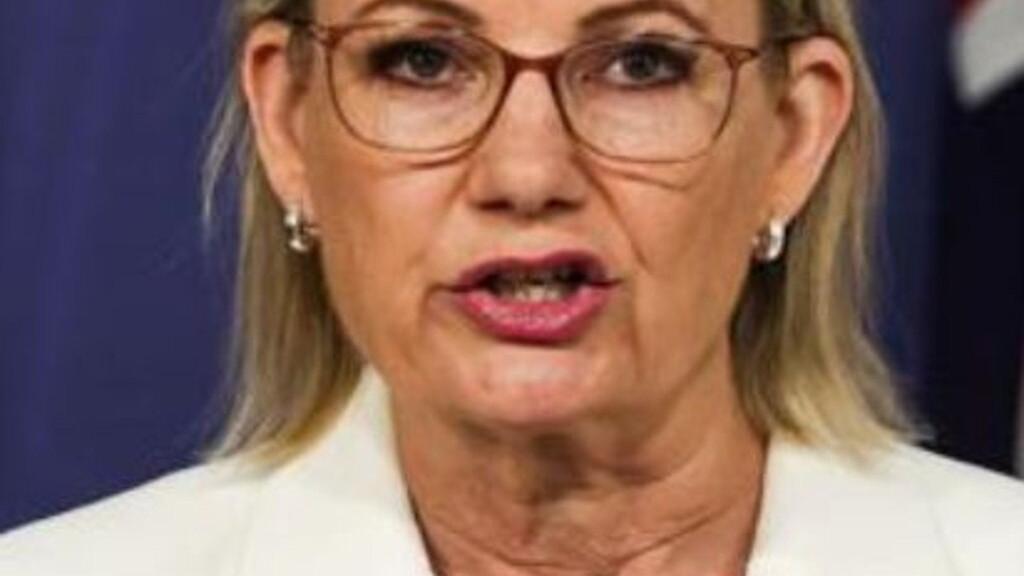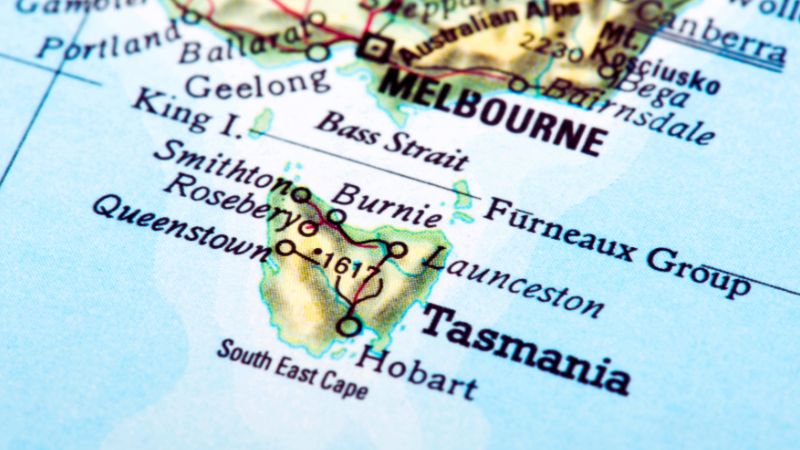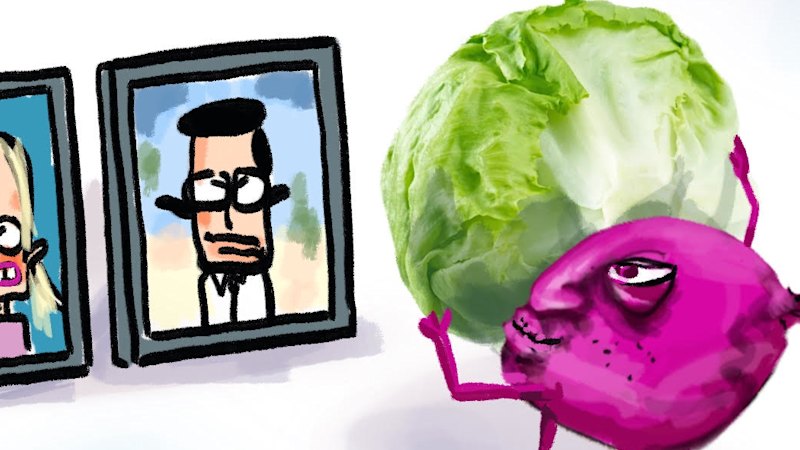
Google has announced its intention to sue the Australian government if the social media ban targeting children under the age of 16 includes its platform, YouTube. The company argues that such a move would unfairly restrict access to its services and hinder educational content available for younger audiences.
The Australian government is currently reviewing legislation aimed at protecting children from potential online harms. This legislation, which is expected to be finalized in the coming weeks, seeks to impose stricter regulations on social media platforms. According to government sources, the primary goal is to create a safer online environment for minors, who are increasingly exposed to harmful content.
Legal Implications of the Proposed Ban
Google’s legal team has expressed strong opposition to the proposed ban, emphasizing that YouTube serves as an essential resource for education and creativity. In a statement released on March 1, 2024, a Google spokesperson remarked, “Limiting access to educational content for children under 16 would be a significant setback in their learning journey. We are prepared to take legal action to protect the interests of our users.”
The potential lawsuit underscores the growing tensions between technology companies and governments worldwide over regulatory measures. The Australian government’s move follows similar initiatives in other countries, where lawmakers are also seeking to impose stricter controls on social media platforms in an effort to safeguard children.
In its defense, Google highlights the numerous safeguards already in place on YouTube, including parental controls and content filters designed to shield young viewers from inappropriate material. The company argues that these measures provide a balanced approach to online safety without resorting to blanket bans.
Reactions from Stakeholders
Reactions to Google’s threat of legal action have been mixed. Child safety advocates support the government’s efforts, arguing that more stringent regulations are necessary to protect vulnerable users. “Children’s safety should be the top priority,” stated Sarah Thompson, Director of the Child Safety Coalition. “While we understand the concerns of tech companies, we must ensure that children are not exposed to harmful content.”
On the other hand, some experts in digital rights believe that a lawsuit could set a precedent that limits government intervention in online spaces. “This case could have far-reaching implications for how countries regulate technology companies,” noted Dr. Emily Carter, a digital law expert. “It raises important questions about the balance between protecting children and ensuring access to information.”
As the debate continues, both parties await the final outcome of the proposed legislation. The Australian government is expected to release its decision by the end of March 2024, after which Google’s next steps will become clearer. The tech giant remains firm in its commitment to challenge any regulations it perceives as detrimental to its operations and its users.
In conclusion, the ongoing conflict between Google and the Australian government highlights the complexities of regulating digital platforms in a rapidly evolving landscape. With both sides firmly entrenched in their positions, the resolution of this issue could have significant implications for online safety and access to information for children worldwide.







